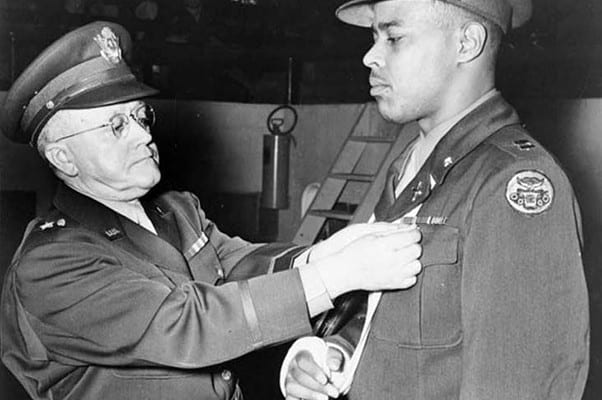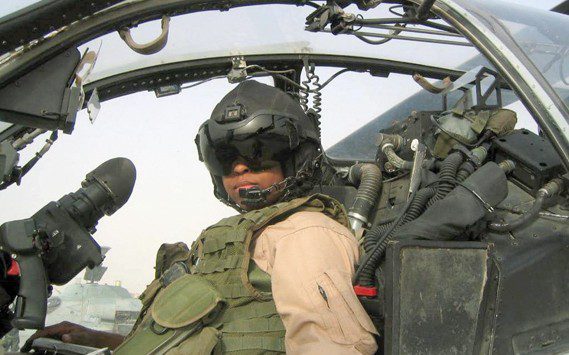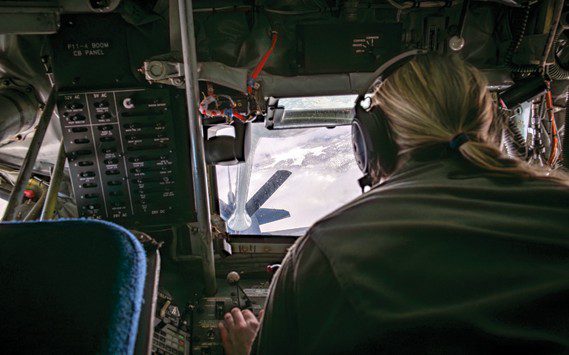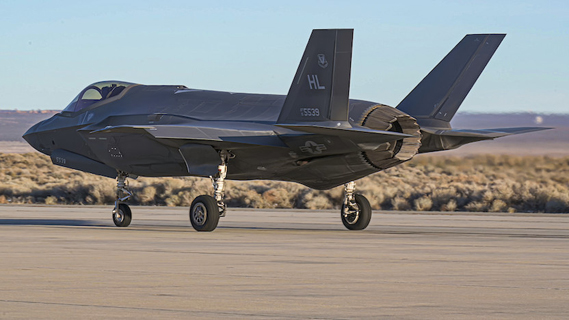During World War II, more than a million Black men served in the U.S. military; however, not one of them received the Medal of Honor during the war or directly afterward. Decades later, when a review called that discrepancy into question, Army Maj. Charles L. Thomas posthumously became one of the first Black men from that era to receive the nation’s highest medal for valor.
Thomas was born on April 17, 1920, in Birmingham, Ala., and he grew up in Detroit. He graduated from high school in 1938 and went to work with his father as a molder at a Ford Motor Company plant. He’d also enrolled in Wayne State University to study mechanical engineering, but then the war began, and he was drafted into the Army on Jan. 20, 1942.
Thomas started his military career in the infantry, but he was quickly chosen to attend officer training school. He was commissioned as a second lieutenant on March 11, 1943, then assigned to Company C of the 614th Tank Destroyer Battalion.
His unit arrived in England in September 1944 and eventually joined Gen. George Patton’s 3rd Army in France, first seeing combat toward the end of November 1944. The battalion was attached to the 103rd Infantry Division when a 24-year-old Thomas performed the heroics that would put him in the history books.
On Dec. 14, 1944, then-1st Lt. Thomas was the commanding officer of Company C. The company’s 3rd platoon was chosen to be the lead element of a task force that had been formed to storm and capture the village of Climbach, France.
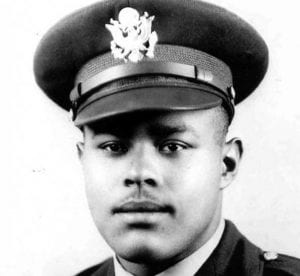
Drawing Out the Enemy
There had been no reconnaissance of the area, so little was known about the enemy at that position. Thomas knew it would be an extremely dangerous mission, so he volunteered to command the platoon and ride in the column’s lead vehicle, an M-20 scout car. According to his Medal of Honor citation, Thomas assumed the village had a concentration of enemy armored vehicles, and he wanted to draw the enemy’s first strike toward him instead of the rest of the task force.
As Thomas’ scout car reached high ground southeast of the village, the enemy attacked. Artillery and other gunfire from about 700 yards away slammed into the vehicle, disabling the car and severely wounding Thomas, who immediately signaled for the column behind him to stop.
As he tried to help his comrades get to safety, Thomas was exposed to enemy machine gun fire, which hit him multiple times in the chest, legs and left arm. Despite the intense pain, Thomas was still able to order the column’s first two M-5 anti-tank guns into place and direct their fire back at the enemy within a few minutes.
Thomas knew his injuries were so bad that he wouldn’t be able to stay in command, so he signaled for the platoon commander to join him. Thomas proceeded to get that man up to speed on the enemy’s gun positions, the platoon’s ammunition status and the general situation. He refused to be evacuated until he felt sure the junior officer would be able to take command successfully.
Thomas’ personal courage and grasp of the situation led the 3rd platoon to triumph over the enemy that day, despite losing more than half of its men to injury or death. The platoon helped the task force capture Climbach and push enemy troops back to the Siegfried Line.
Thomas was taken off the front lines. After recuperating from his many wounds, he returned home and was awarded the Distinguished Service Cross. He was promoted to captain in February 1945. The 3rd platoon was awarded the Distinguished Unit Citation, making it the first unit attached to the 103rd Division — and the first Black combat unit — to earn that honor.
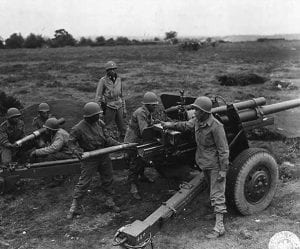
Thomas stayed in the Army for about two more years before leaving in August 1947 to return to civilian life. He married and had two children. His family returned to Michigan, where Thomas worked as a missile technician at Selfridge Air Force Base (now Selfridge Air National Guard Base), before joining the IRS as a computer programmer.
Thomas died of cancer on Feb. 15, 1980, in Wayne, Mich. He is buried there in Westlawn Cemetery.
A belated honor
In the 1990s, the Army ordered a study on racial disparities during World War II. It found there were Black service members whose actions were worthy of the Medal of Honor. Recommendations were made to the Pentagon’s Board of Generals to upgrade the medals of seven Soldiers from that era. Congress had to authorize a statute of limitations waiver so the men, including Thomas, could be recognized.
On Jan. 13, 1997 — more than 50 years after the battle in Climbach — Sarah Johnson, Thomas’ niece, accepted the Medal of Honor on his behalf from President Bill Clinton during a White House ceremony.
Five other Soldiers posthumously received the same upgrade during that ceremony: Staff Sgt. Edward A. Carter Jr., 1st Lt. John R. Fox, Pfc. Willy James Jr., Staff Sgt. Ruben Rivers and Pvt. George Watson. First Lt. Vernon Baker was the only man to receive the honor in person.
Today, we thank these brave men for their sacrifices and are grateful their actions were finally met with the honor they deserved.






